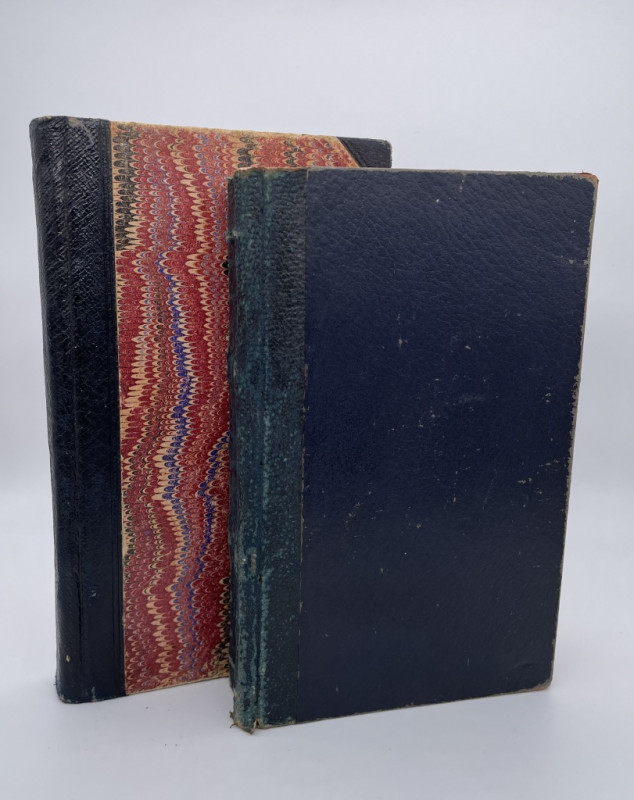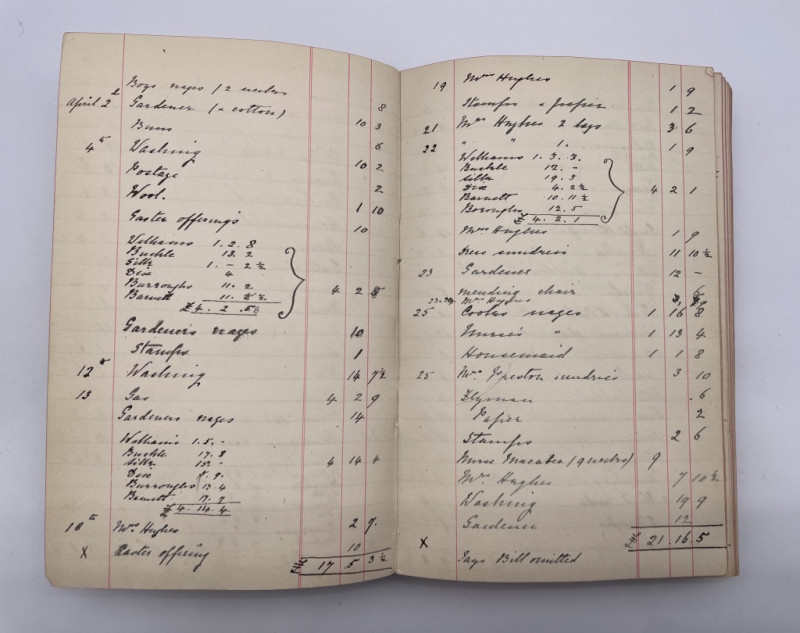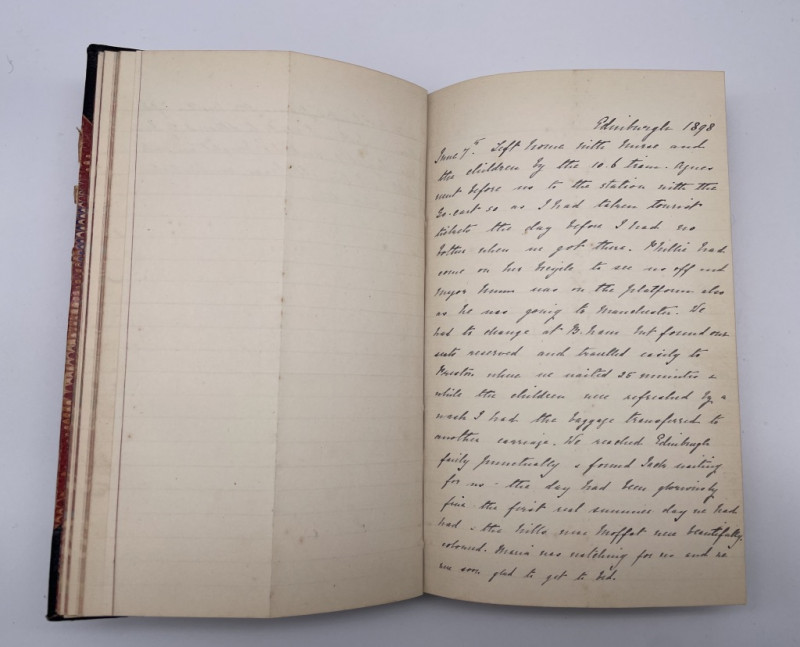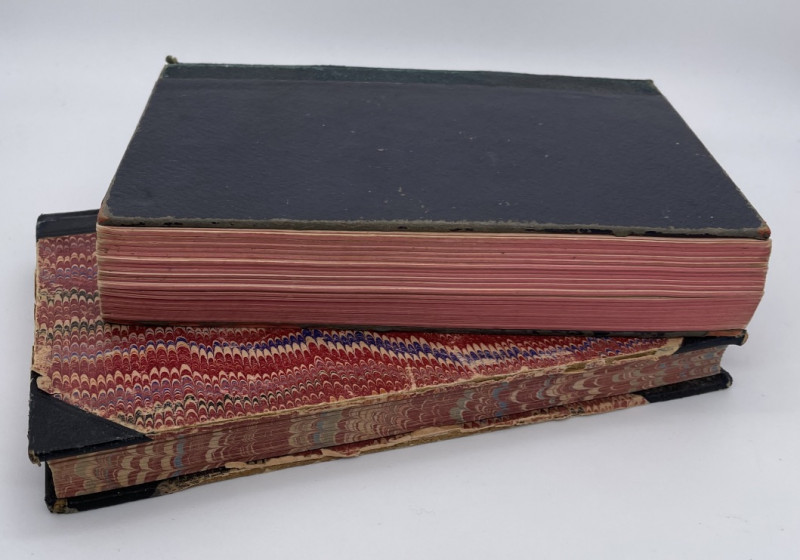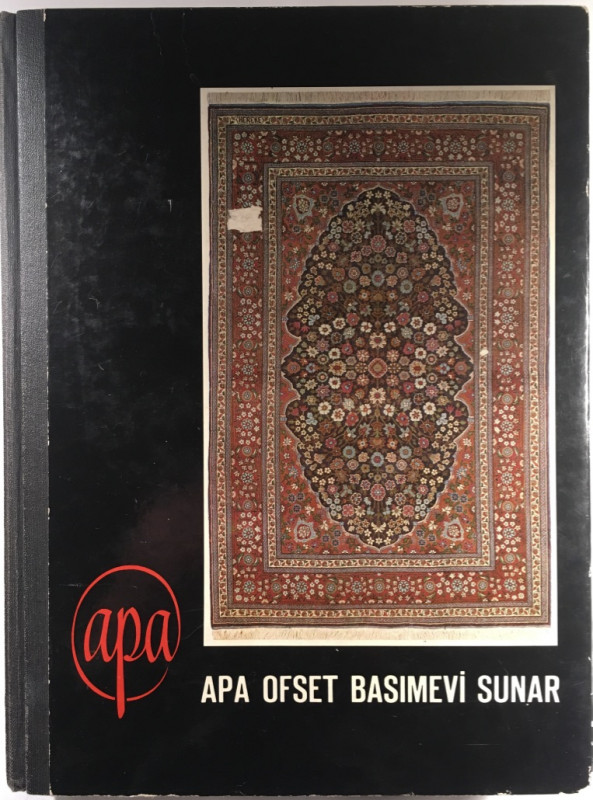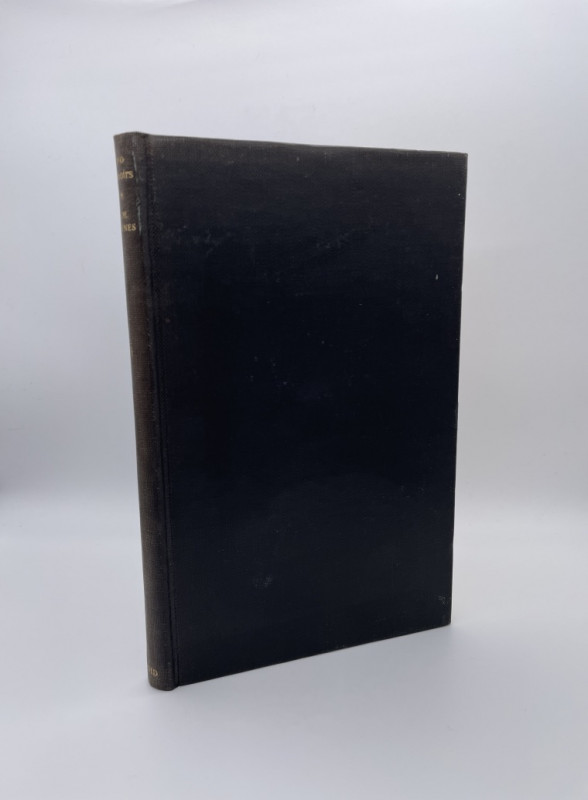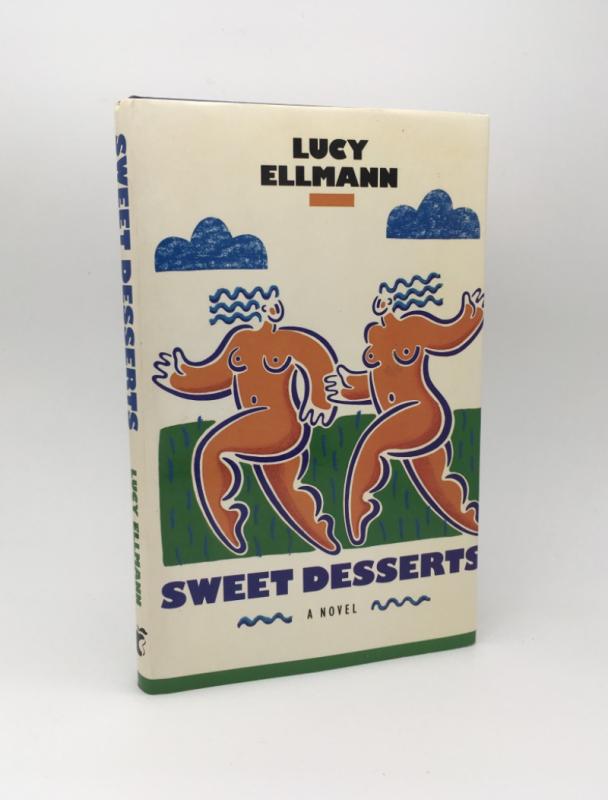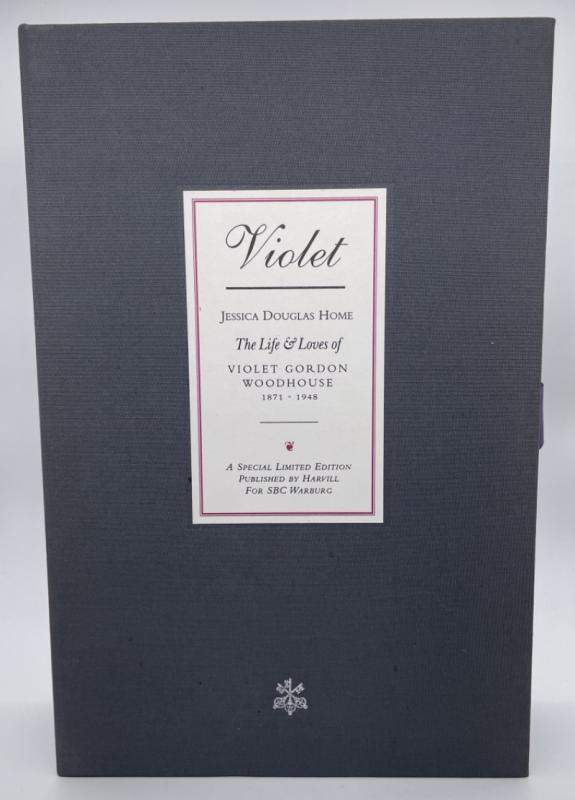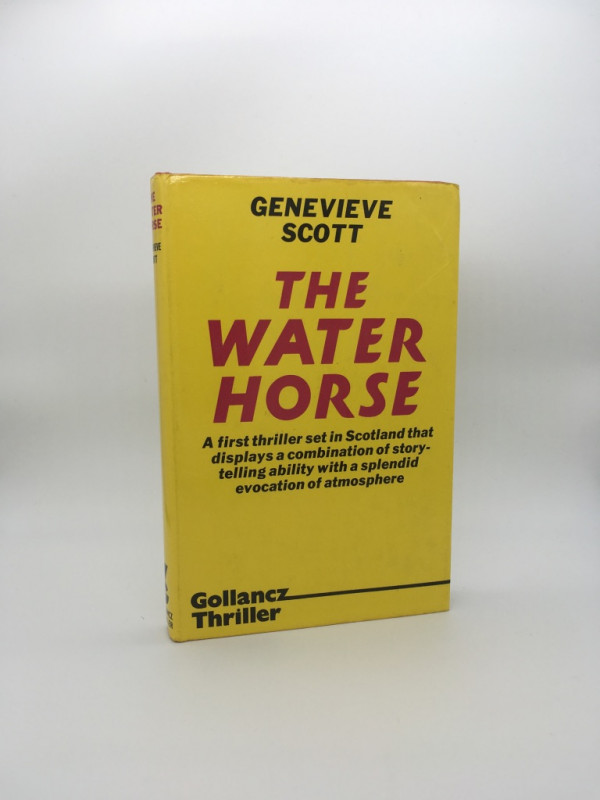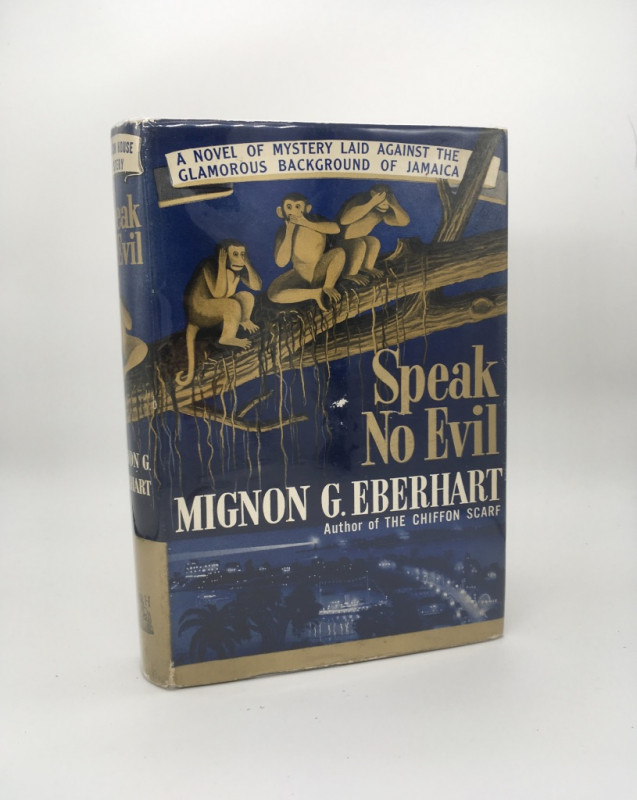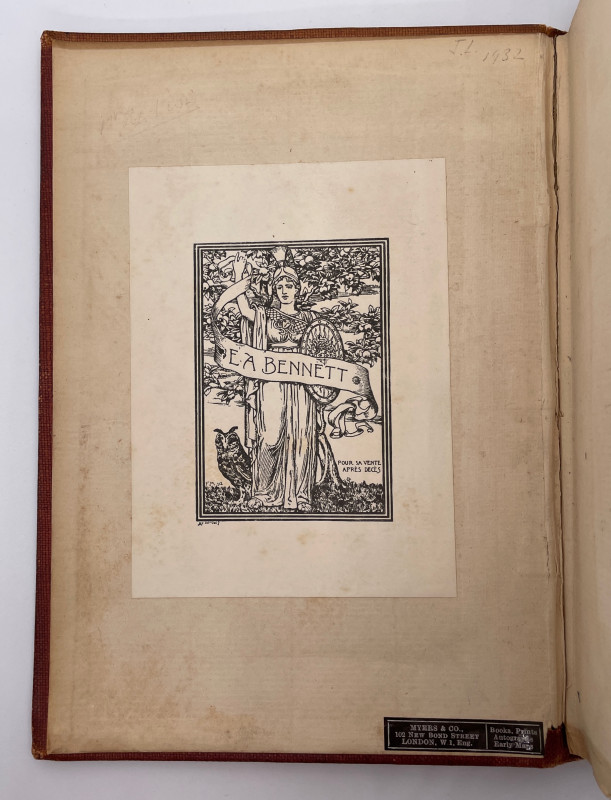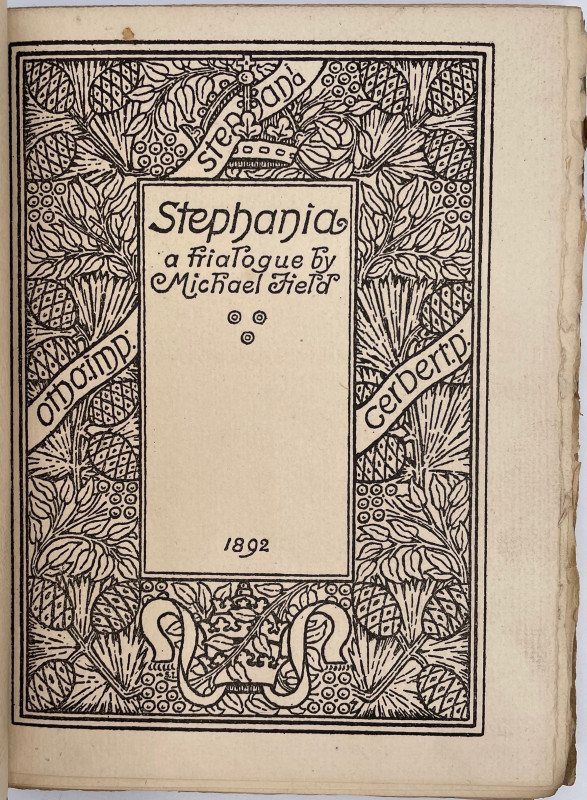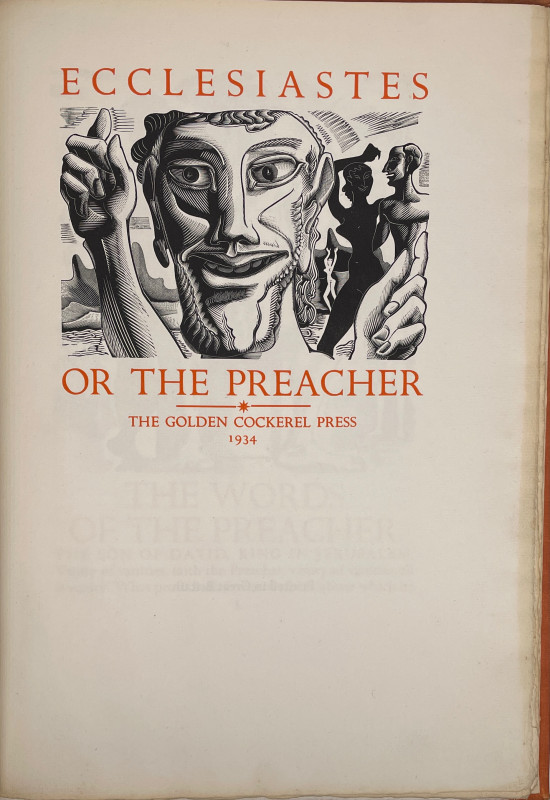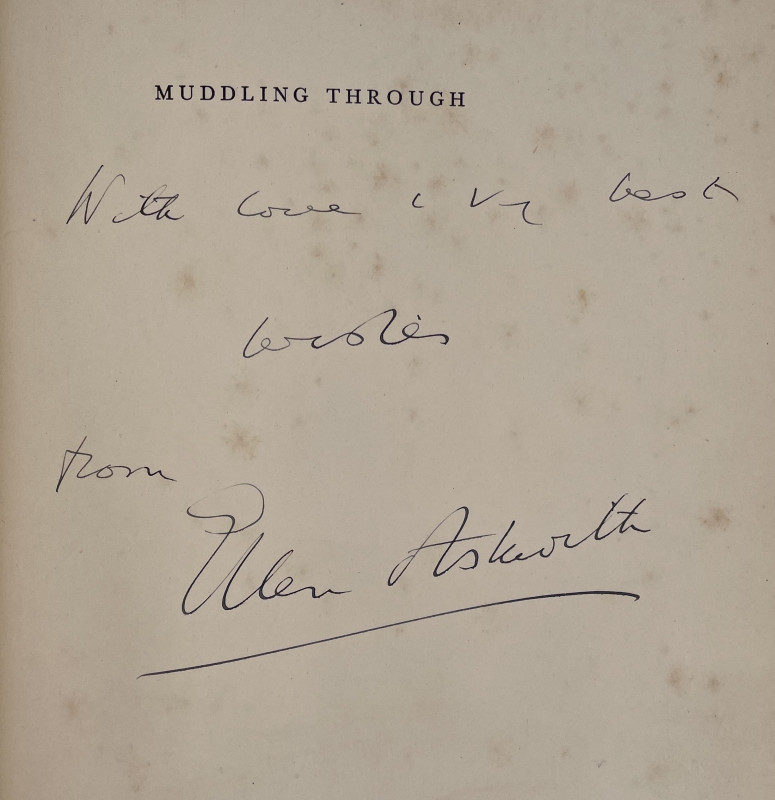Late C19th Manuscript Household Accounts Book & corresponding Holiday Journal.
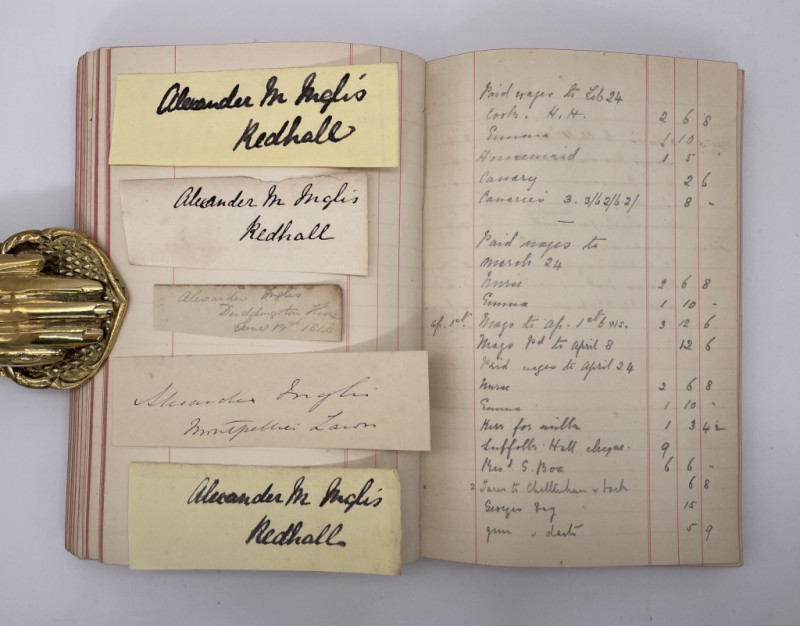
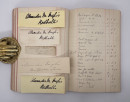
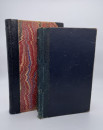
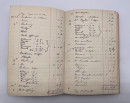
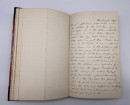

Book Description
A unique pair of late C19th manuscript books, which offer a fascinating glimpse into the everyday lives of the middle-class Inglis family (Dr Alexander Monro Inglis and his third wife Ella Shirley, plus their children) at home in Montpellier Lawn, Cheltenham and on their British sojourns, including to the family seat Redhall, Edinburgh.
8vos. Manuscript Accounts Book (17.8 x 11.5 cm), ff. 224: 149 filled, 75 blank and Journal (19.3 x 12cm), ff. 124: 12 filled (rectos only), 3 blank, 51 filled (rectos only), 58 blank. Accounts Book: quarter green morocco spine, navy leather boards. All edges red. Ruled with columns. Rubbed, scored and nicked, edgewear. Approx. two-thirds of book filled with consecutive hand-written accounts in black and blue pen (and two different hands?), dated January 1896 to September 1903. Gently shaken, front hinge cracked, spine cracked in a couple of places, a number of leaves separating, but binding still firm. Two folded pieces of blotting paper and a few scraps of paper laid-in, mostly featuring (presumably) related calculations and notes, but also slips featuring names/ signatures: “Alexander M. Inglis/ Redhall”, “Alexander Inglis/ Duddingston House, June 19th 1840[?]” and “Miranda Inglis/ Montpellier Lawn”. Journal: half black morocco, marbled paper boards. Marbled edges and endpapers. Ruled. Rubbed, bald patch to bottom board, heavy edgewear, section of paper lifting at bottom edge of upper board. Approx. half-filled with hand-written entries on rectos only (occasional notes to versos), with entries dated from April 1896 to July 1898, plus list of places visited with dates (1891-1900) to recto of rear fep. Very occasional spots, a few folds to pages. Very good.
Dealer Notes
The accounts book meticulously records the outgoings of an affluent household over roughly seven and a half years (1896-1903), featuring the mundane and repetitive — coal bills, “charwoman”, train to Edinburgh, servants’ weekly wages (“Williams, Buckle, Silk, Burroughs, Bassett, Dix”), “gardener’s wages”, stamps, cabs, Easter Offerings — plus treats, trifles and trips away: ribbon, velvet, violets, visits (April, 1896: “tickets to Bristol”).
The journal recounts holidays in Teignmouth, Devon (April 1896), Church Stretton, Shropshire (July 1896), Painswick, Cotswolds (July,1897), Edinburgh (including the family’s Redhall estate) and Callander (June-July 1898). Beginning with details of travel, the entries mostly offer a day-by-day record of holiday activities, with occasional notes to self, for instance: “For some reason I did not continue this diary after – we went to Plymouth one day [...]”. They are generally contented in tone.
The slips with signatures laid-in to the accounts book are the first internal indicator that the books relate to the household and family of Dr. Alexander Monro Inglis MD of Auchendinny and Redhall (1830-1897, according to his probate record), his third wife, Ella Shirley Steevans (1860-1933; the likely author and second accounts keeper, though her name appears in neither book), and their two children, Alice (b.1892) and George (1894-1932). Though of Scottish heritage, and with two estates south-west of Edinburgh, the doctor and his family lived at Montpellier Lawn in Cheltenham. Alexander M. Inglis also had two adult children from his first marriage to Florence Feeney, who both went on to noteworthy careers: John Alexander Inglis of Auchendinny and Redhall FRSE KC LLB (1873–1941), Scottish advocate, King’s Remembrancer of Scotland and trustee of the National Library of Scotland, involved in its relocation to George IV Bridge, and Charles Edward Inglis FSA, OBE (1875-1952), a civil engineer, who invented the Inglis Bridge and was Professor of Mechanism and Applied Mechanics at Cambridge from 1918 and Head of the Engineering Department from 1919; “Jack” and “Charlie” to their stepmother and family.
Though both books are anonymously authored, read side-by-side, the household accounts book tallies with the holiday journal; for instance, costs for “Tram to Bot. Gardens” (June 10 1898) and “Cough mixture for George’” tally with their visit, while in Edinburgh, “by tram to the Bot. Gardens” and mention of George being poorly (June 14). They also visit the National Portrait Gallery, where they seek out family portraits: “Monro Primus by Allan Ramsey & one of Monro Tertius”. A few days earlier on June 11, Jack and his stepmother “walked up the Colinton Hill to Colinton where we went to dear Alick’s grave” (Alexander had died in 1897); later they walk “thr’o the Redhall grounds & Craiglockhart to Slateford”; the accounts book, correspondingly, lists “Fare to Slateford & back”. There is also mention of “the right of way case at Redhall”. The Inglis provenance is corroborated further by a note added alongside the June 9 1898 entry: “*I had a telegram early from Charlie saying he was top of the list 1st Class Mechanical Science Tripos [at Cambridge University]. How proud we are! & how his dear Father would rejoice—”. This corresponds with her stepson, Charles Inglis’ academic trajectory: in 1898 he gained a 1st Class in Mechanical Sciences at Cambridge (See Baker, 1953).
There is a pause, and corresponding blank leaf, between October 22 and November 19 1897 in the accounts book, when the hand keeping the accounts appears also to change. Alexander died in November 1897, suggesting that the accounts may have originally been kept by him, but subsequently handed over to his wife, Ella Shirley: the second tighter, spikier hand shares many similarities with that of the journal. The blank leaf, then, an eloquent, private memorial of Alexander Monro Inglis’ death and the family’s loss.
J. F. Baker, ‘Charles Edward Inglis’, 1875-1953 (1953) ‘Obituary Notices’ in Royal Society Bulletin
[ref: 2400]
The journal recounts holidays in Teignmouth, Devon (April 1896), Church Stretton, Shropshire (July 1896), Painswick, Cotswolds (July,1897), Edinburgh (including the family’s Redhall estate) and Callander (June-July 1898). Beginning with details of travel, the entries mostly offer a day-by-day record of holiday activities, with occasional notes to self, for instance: “For some reason I did not continue this diary after – we went to Plymouth one day [...]”. They are generally contented in tone.
The slips with signatures laid-in to the accounts book are the first internal indicator that the books relate to the household and family of Dr. Alexander Monro Inglis MD of Auchendinny and Redhall (1830-1897, according to his probate record), his third wife, Ella Shirley Steevans (1860-1933; the likely author and second accounts keeper, though her name appears in neither book), and their two children, Alice (b.1892) and George (1894-1932). Though of Scottish heritage, and with two estates south-west of Edinburgh, the doctor and his family lived at Montpellier Lawn in Cheltenham. Alexander M. Inglis also had two adult children from his first marriage to Florence Feeney, who both went on to noteworthy careers: John Alexander Inglis of Auchendinny and Redhall FRSE KC LLB (1873–1941), Scottish advocate, King’s Remembrancer of Scotland and trustee of the National Library of Scotland, involved in its relocation to George IV Bridge, and Charles Edward Inglis FSA, OBE (1875-1952), a civil engineer, who invented the Inglis Bridge and was Professor of Mechanism and Applied Mechanics at Cambridge from 1918 and Head of the Engineering Department from 1919; “Jack” and “Charlie” to their stepmother and family.
Though both books are anonymously authored, read side-by-side, the household accounts book tallies with the holiday journal; for instance, costs for “Tram to Bot. Gardens” (June 10 1898) and “Cough mixture for George’” tally with their visit, while in Edinburgh, “by tram to the Bot. Gardens” and mention of George being poorly (June 14). They also visit the National Portrait Gallery, where they seek out family portraits: “Monro Primus by Allan Ramsey & one of Monro Tertius”. A few days earlier on June 11, Jack and his stepmother “walked up the Colinton Hill to Colinton where we went to dear Alick’s grave” (Alexander had died in 1897); later they walk “thr’o the Redhall grounds & Craiglockhart to Slateford”; the accounts book, correspondingly, lists “Fare to Slateford & back”. There is also mention of “the right of way case at Redhall”. The Inglis provenance is corroborated further by a note added alongside the June 9 1898 entry: “*I had a telegram early from Charlie saying he was top of the list 1st Class Mechanical Science Tripos [at Cambridge University]. How proud we are! & how his dear Father would rejoice—”. This corresponds with her stepson, Charles Inglis’ academic trajectory: in 1898 he gained a 1st Class in Mechanical Sciences at Cambridge (See Baker, 1953).
There is a pause, and corresponding blank leaf, between October 22 and November 19 1897 in the accounts book, when the hand keeping the accounts appears also to change. Alexander died in November 1897, suggesting that the accounts may have originally been kept by him, but subsequently handed over to his wife, Ella Shirley: the second tighter, spikier hand shares many similarities with that of the journal. The blank leaf, then, an eloquent, private memorial of Alexander Monro Inglis’ death and the family’s loss.
J. F. Baker, ‘Charles Edward Inglis’, 1875-1953 (1953) ‘Obituary Notices’ in Royal Society Bulletin
[ref: 2400]
Author
[INGLIS FAMILY: ELLA SHIRLEY, ALEXANDER MONRO & THEIR CHILDREN, JOHN & CHARLES, ALICE & GEORGE].
Date
[1896-1903].
Condition
Very good
Friends of the PBFA
For £10 get free entry to our fairs, updates from the PBFA and more.
Please email info@pbfa.org for more information
